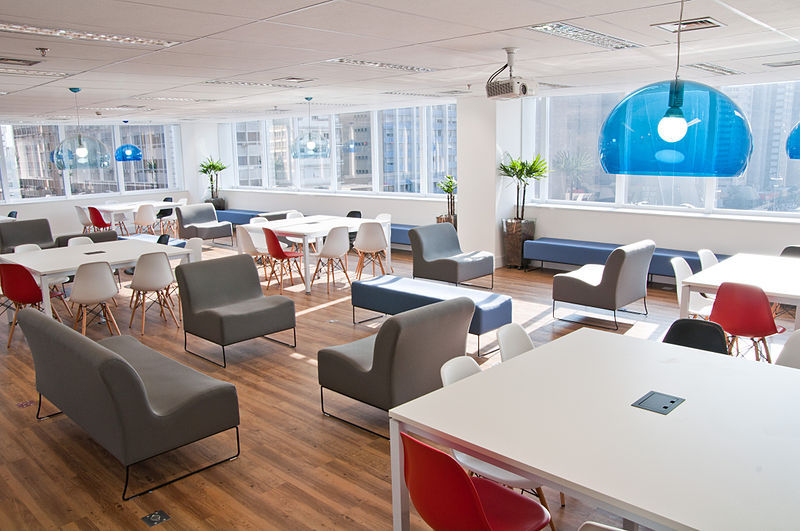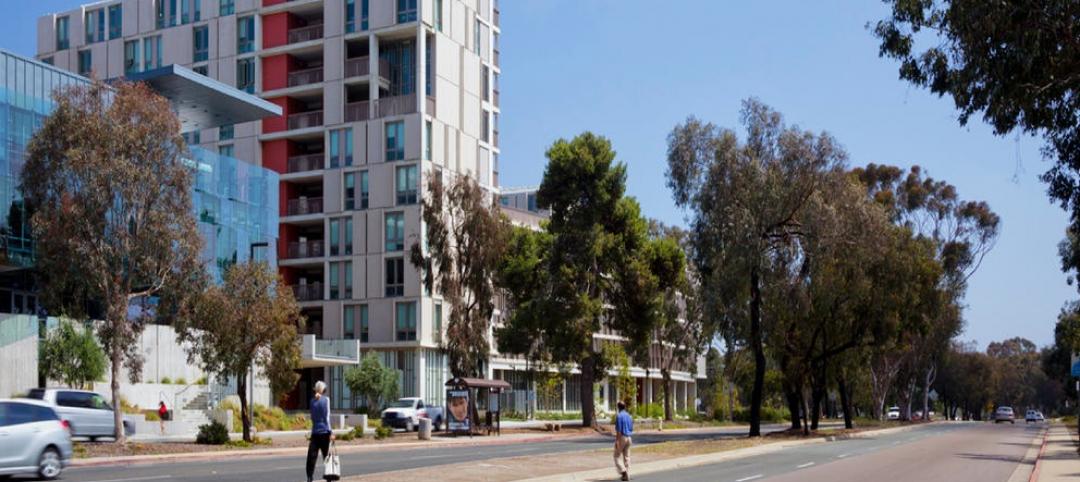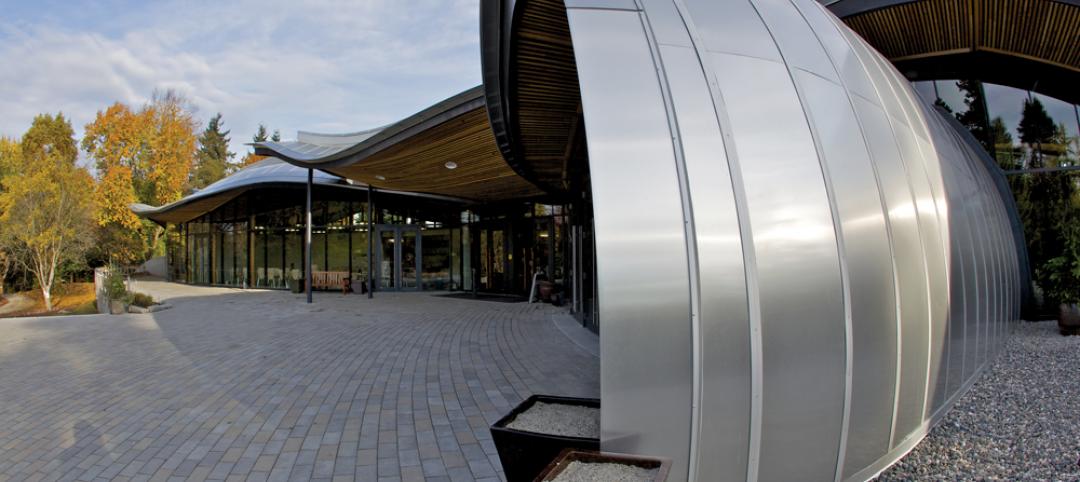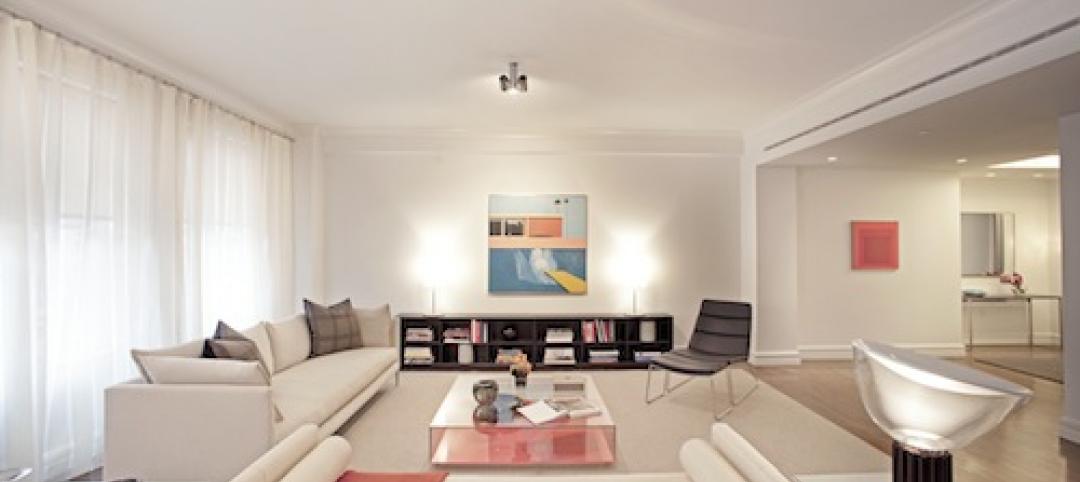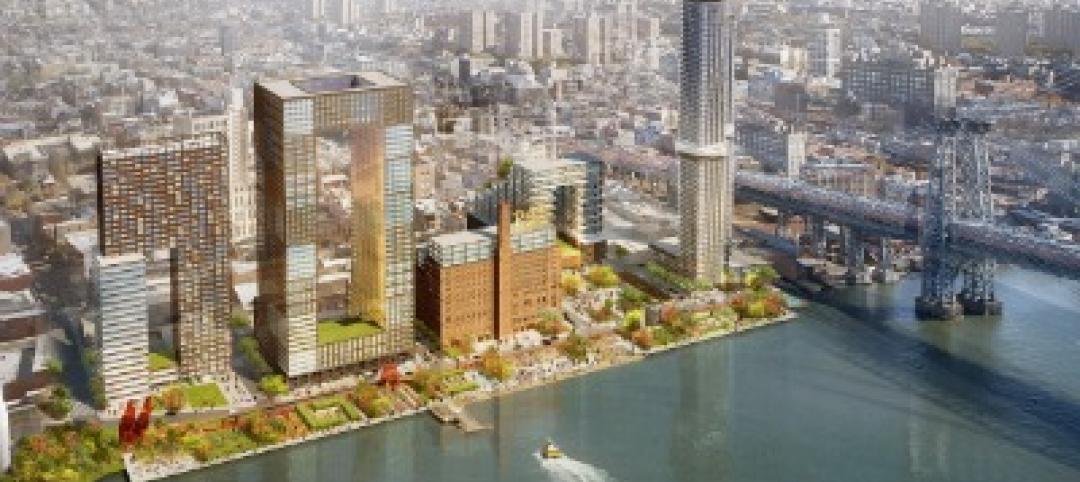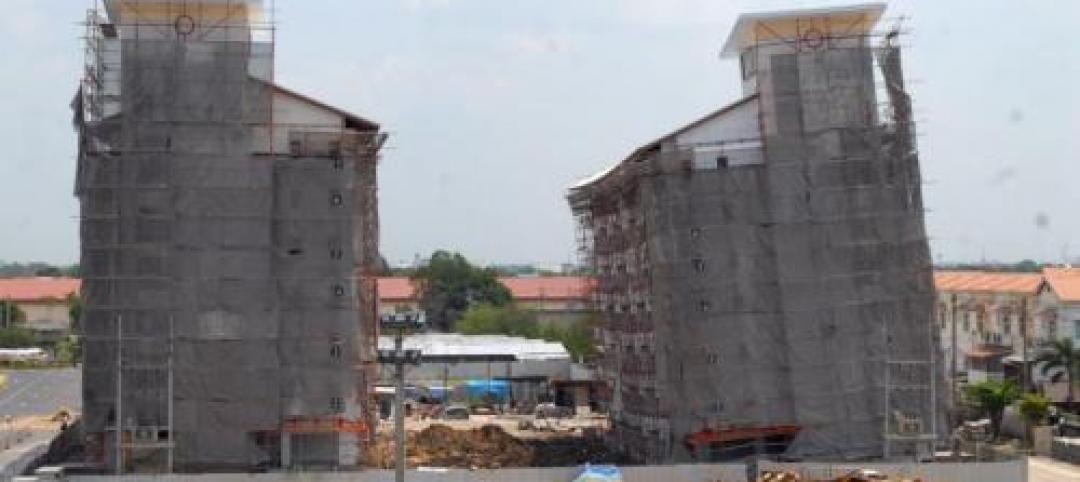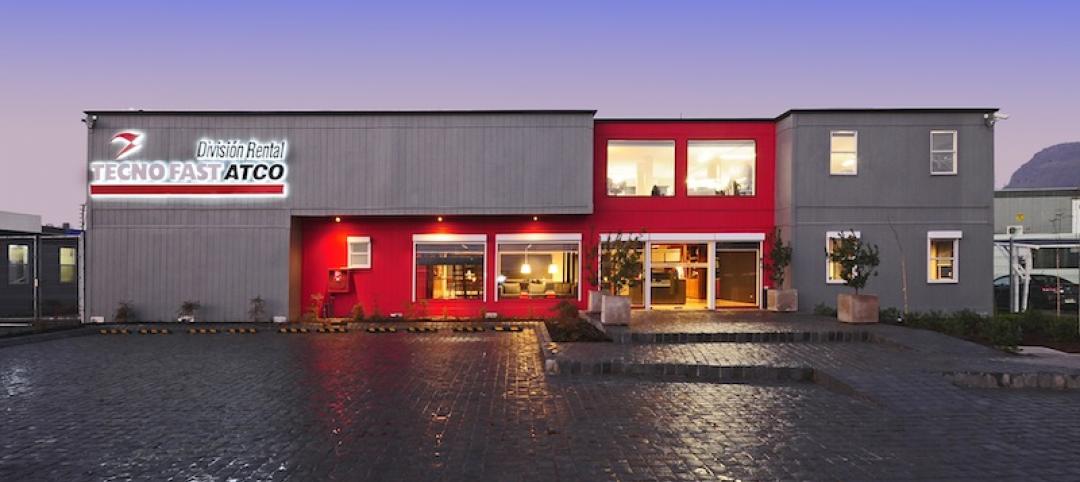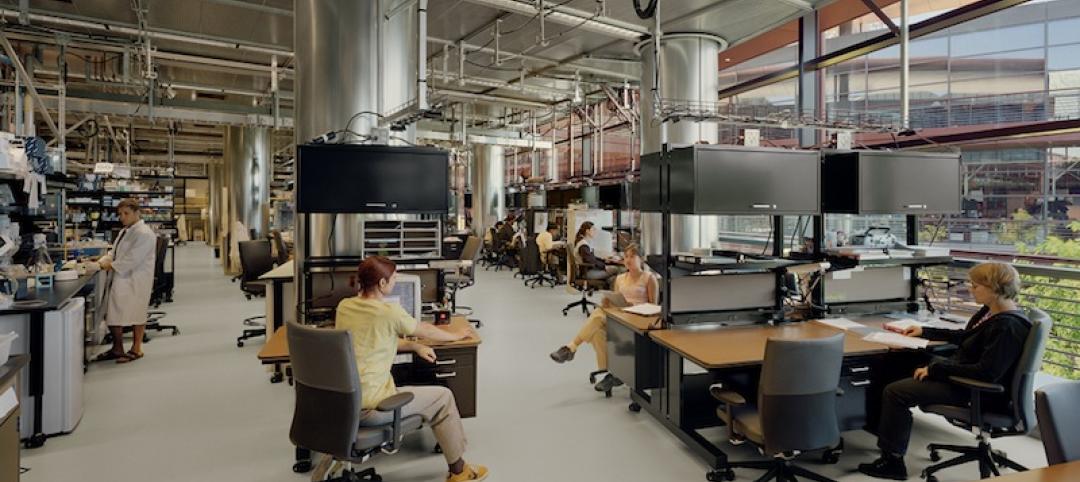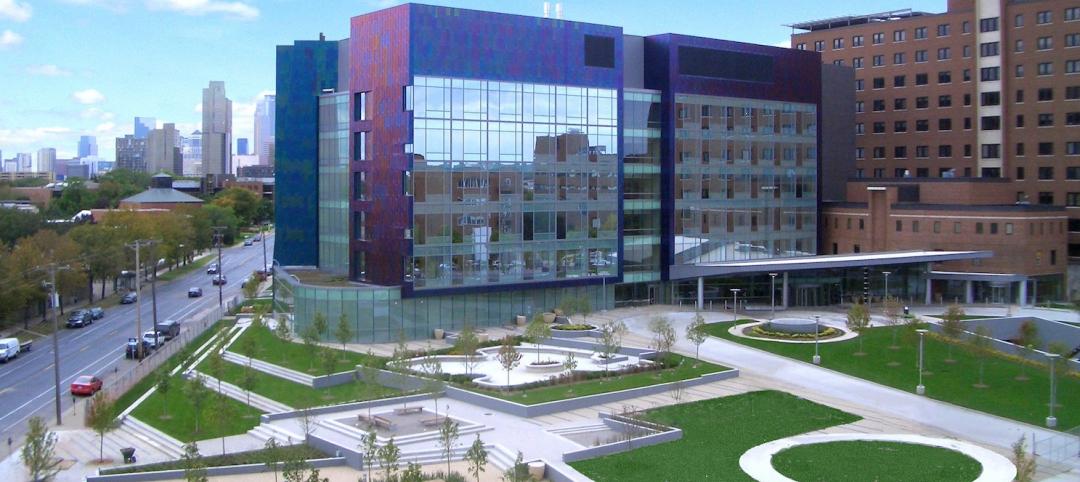Six years after WeWork took the office market by storm with its breakthrough co-working real estate concept, the New York-based startup set its eyes on the next big opportunity for its communal real estate business model: co-living.
WeLive launched early last year with locations in Lower Manhattan and Arlington, Va., and the company has plans to expand to as many as 14 cities in the coming years.
WeLive turns the traditional multifamily rental model on its head. Gone is the long-term lease agreement; Tenants are “members” who can stay month to month, even day to day. Eventually, as the WeLive network expands, members will be able to move freely city to city, as needed, at no additional cost.
From a practicality standpoint, co-living makes complete sense for young, single, and highly mobile working professionals. The spaces are well designed, fully furnished, filled with attractive amenities, and come complete with all the niceties of modern living: towels and linens, housekeeping services, HDTVs, premium cable, high-speed WiFi, concierge staff, even free refreshments like tea, coffee, and fruit water. Think apartment complex meets hotel—but with a crucial twist.
The secret sauce, according to WeWork, is the “We” in WeLive: spaces and programs designed to foster a strong sense of community and connection with other members. Each location has a full-time community concierge team, which organizes events like movie nights, cocktail hours, and formal and informal meals in a communal kitchen. The mailroom and laundry room double as bars and event spaces, and amenities like a rooftop deck and a hot tub encourage tenants to meet and mingle.
WeWork has no shortage of competitors in the co-living market space. Common, HubHaus, Krash, Node, Open Door, Pure House, and Roam Co-living are among the dozen or so startups that are aiming to profit from the mainstreaming of the “hacker house,” commune, or boarding house dwelling models. Investors have taken notice, and have pumped millions into these fledgling businesses. (Common, for instance, has raised more than $23 million from multiple investors since its founding in 2015. With this funding, the startup has opened 13 developments across four metros: Chicago, New York, San Francisco area, and Washington, D.C.)
While it’s too early to claim any of these budding businesses as a resounding success, the co-living craze is the latest example of the startup world looking to shake up the slow-to-evolve, $228 trillion (yes, trillion! tinyurl.com/REworth) global real estate market. Whether it’s Google, WeWork, or Airbnb—or countless other startups and tech firms—it is clear that investors see colossal dollar signs tied to disrupting the tried-and-true real estate and construction markets.
Will your firm join them?
Related Stories
| Apr 22, 2013
Top 10 green building projects for 2013 [slideshow]
The AIA's Committee on the Environment selected its top ten examples of sustainable architecture and green design solutions that protect and enhance the environment.
| Apr 19, 2013
7 hip high-rise developments on the drawing board
Adrian Smith and Gordon Gill's whimsical Dancing Dragons tower in Seoul is among the compelling high-rise projects in the works across the globe.
| Apr 16, 2013
5 projects that profited from insulated metal panels
From an orchid-shaped visitor center to California’s largest public works project, each of these projects benefited from IMP technology.
| Apr 5, 2013
Bangkok gets a leaning tower, that may topple
A seven-story apartment tower under construction in Bangkok has started to tilt and is on the verge of toppling.
| Apr 3, 2013
5 award-winning modular buildings
The Modular Building Institute recently revealed the winners of its annual Awards of Distinction contest. There were 42 winners in all across six categories. Here are five projects that caught our eye.
| Mar 27, 2013
RSMeans cost comparisons: college labs, classrooms, residence halls, student unions
Construction market analysts from RSMeans offer construction costs per square foot for four building types across 25 metro markets.
| Mar 15, 2013
7 most endangered buildings in Chicago
The Chicago Preservation Society released its annual list of the buildings at high risk for demolition.


